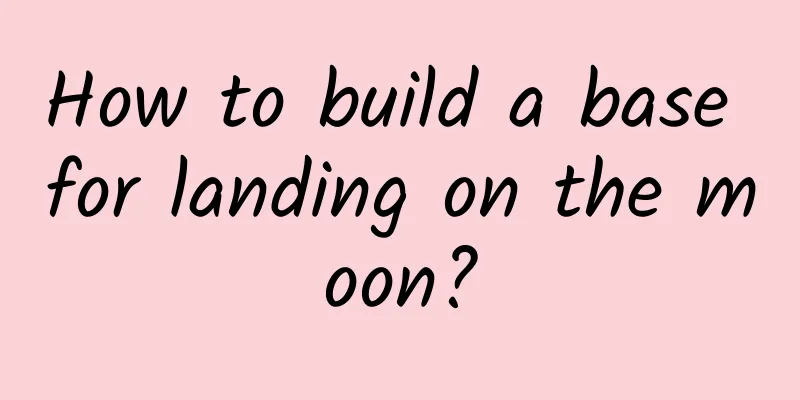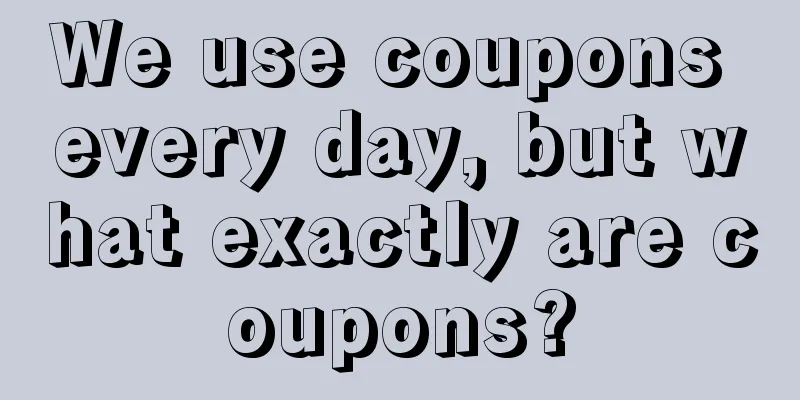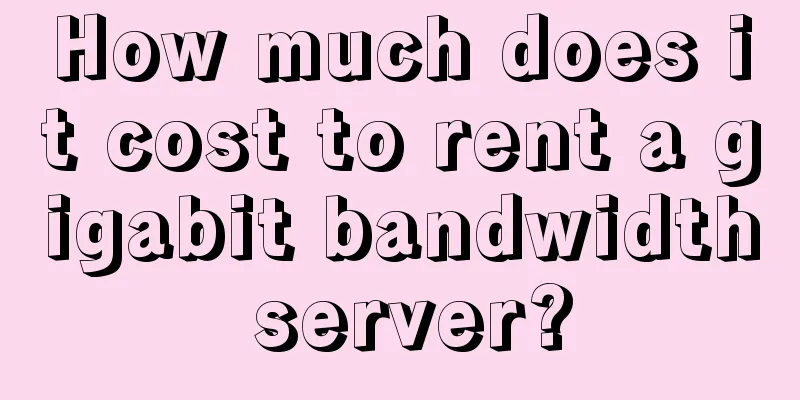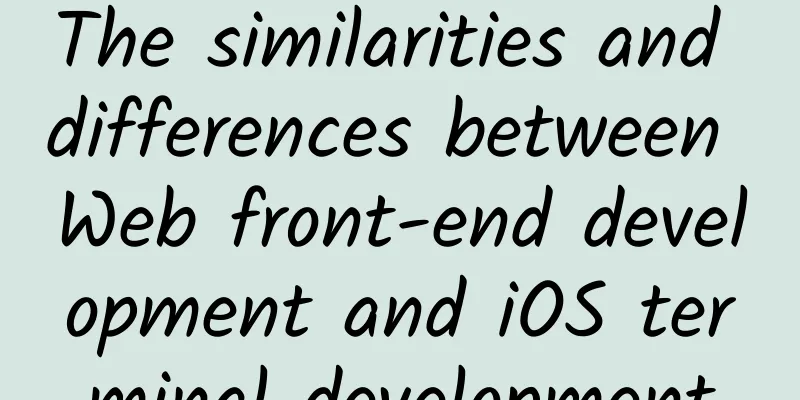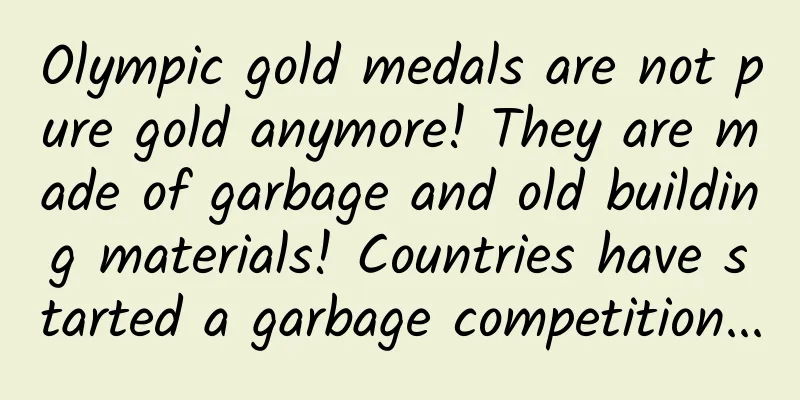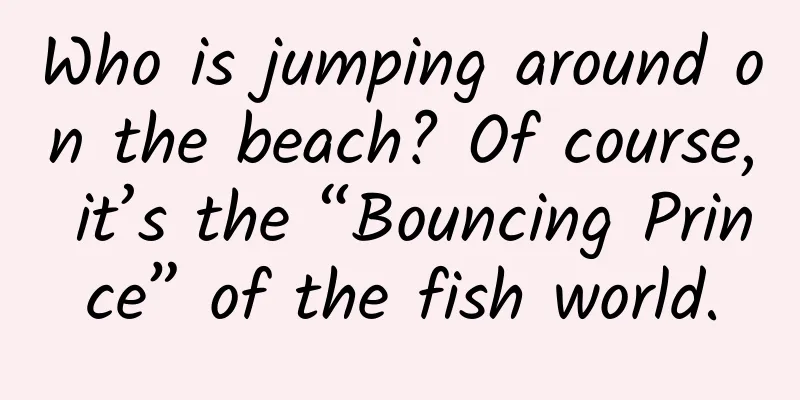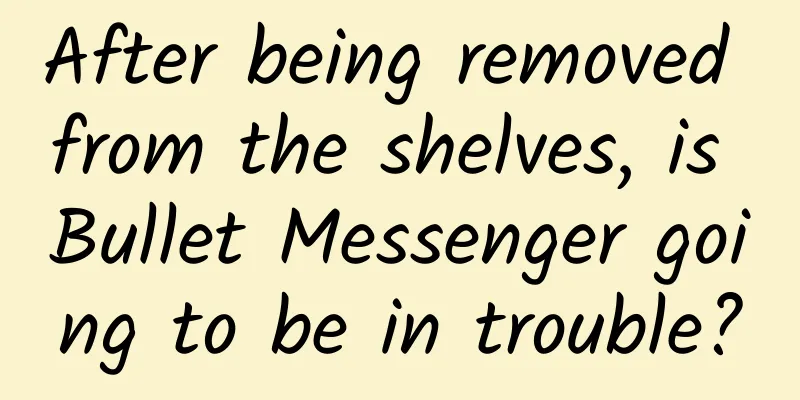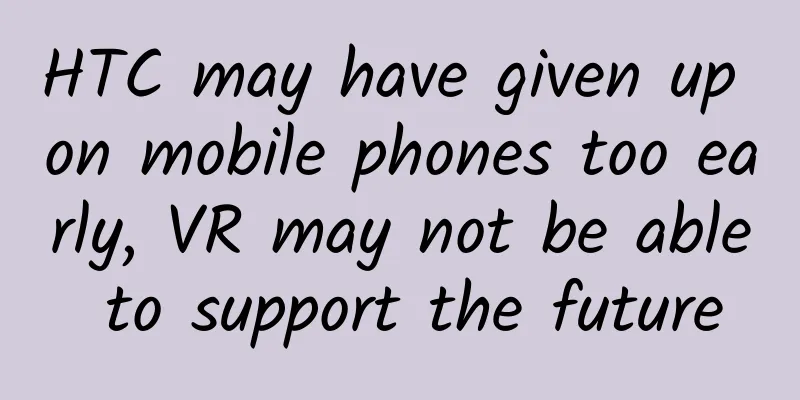Research shows that developers are using user moods to get more five-star reviews
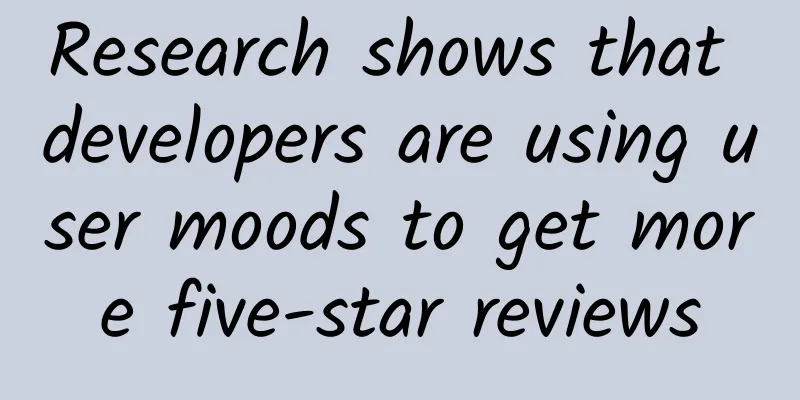
|
In 2008, when Apple announced the launch of the App Store, there were only hundreds of apps in the store. More than a decade later, this number has soared to millions. Now we can download a wide variety of apps through the App Store, covering scenarios such as life, work, and entertainment.
Where there is a market, there is competition. In order to attract more users to download and use their own applications, developers have to use all means, among which user ratings are considered one of the keys to improving the application search ranking. Therefore, we often receive pop-up messages inviting evaluation when using applications. Although the product logic behind it is questionable, the focus of today's discussion is not on this, but on when the pop-up window inviting evaluation will pop up. According to foreign media reports, they found that many apps and games use user moods to increase the success rate of inviting users to review, thereby obtaining a higher chance of full score reviews. For example, game apps will pop up a pop-up window inviting you to review when you get a high score; bank/wallet apps will send out review invitations on payday; sports apps will only invite users to review when the team they support wins, etc. Since the automatic App Store rating mechanism was launched, Apple has been committed to combating fraudulent scoring, but it has not been able to fully eliminate such cheating methods that attempt to deceive the system. The above-mentioned use of psychology to understand user moods, emotions, and behaviors to obtain higher app ratings is generally difficult to classify as cheating. Because at best, they are not "hacking" the system, but "hacking" your brain.
It is worth mentioning that this strategy of obtaining high ratings through user moods is already an "open secret" in the industry, so much so that "among large enterprises, it is difficult to find a company that does not do this," said Brian Levine, vice president of strategy and analysis at consulting firm Mobiquity. Competition among apps is fierce, so getting high scores is crucial. Apptentive, a review management company, calls ratings "the lifeblood of the mobile app world." Their research shows that upgrading an app from a two-star rating to a three-star rating can increase downloads by 306%, while a jump from three stars to four stars can increase downloads by 92%. Gummicube, which helps companies optimize the App Store, says four out of five users don't trust apps with ratings below four stars. |
>>: What can Huawei's HMS ecosystem do for Chinese companies going overseas?
Recommend
Always saying you are getting old? Please pay attention, getting old starts with eating!
Some moments will make us sigh, "Ah, I'm...
Does Baidu promotion deduction have anything to do with promotion ranking?
Baidu promotion deductions generally refer to ill...
After multiple attempts, where is the point for video websites to turn losses into profits?
From exclusive broadcasting to paid broadcasting,...
Monthly turnover of 60 million was selected into Tencent's social advertising game white paper, reviewing the advertising case of "Huluwa"
The buying volume market has exploded in the past...
Yueai Emotion Chen Quan Team "2980 Full Set of Dating Courses" Video Tutorial Baidu Cloud Download
Yueai Emotion Chen Quan Team "2980 Full Dati...
XY Apple Assistant: Recommended must-have gadgets for spring outings
As the temperature continues to rise, it is a goo...
Surprise! The log specification I set was promoted by the CTO throughout the company
Printing logs is an art, but it has long been neg...
Is your child always procrastinating? The real reason is not as simple as you think
The child is too slow, I have to push him! ! In f...
How to avoid the pitfalls of marketing planning activities?
In the current market environment, product promot...
Hackers attacked Sony and Blizzard crazily: finally caught by FBI
Everyone must remember the bad behavior of the ha...
Are freshly slaughtered pork and beef the freshest and most delicious? Here’s how to choose and cook pork, it’s healthy and delicious!
Author: Xue Qingxin, member of Chinese Nutrition ...
5.81 million people participated in Tencent’s “Children’s Gallery” charity event. From being popular to being questioned, why was it so popular?
On the morning of August 29, the WeChat Moments w...
Wisdom is back! She is 74 and brought a new partner and laid an egg
Wisdom is back - at 74, she's brought a new m...
Since no one has ever seen a living dinosaur, how did dinosaurs get their colors?
In the 1990s, the movie "Jurassic Park"...
